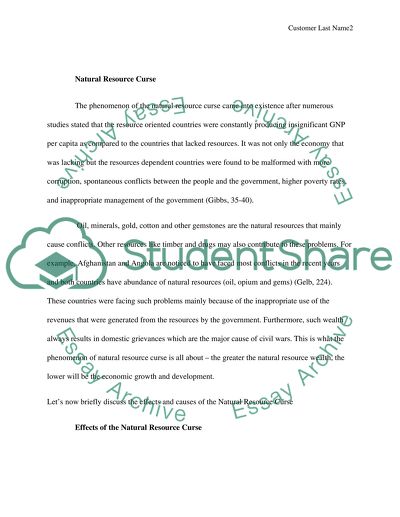Cite this document
(“Natural Resource Curce Essay Example | Topics and Well Written Essays - 1750 words”, n.d.)
Retrieved from https://studentshare.org/macro-microeconomics/1444424-natural-resource-curce
Retrieved from https://studentshare.org/macro-microeconomics/1444424-natural-resource-curce
(Natural Resource Curce Essay Example | Topics and Well Written Essays - 1750 Words)
https://studentshare.org/macro-microeconomics/1444424-natural-resource-curce.
https://studentshare.org/macro-microeconomics/1444424-natural-resource-curce.
“Natural Resource Curce Essay Example | Topics and Well Written Essays - 1750 Words”, n.d. https://studentshare.org/macro-microeconomics/1444424-natural-resource-curce.


